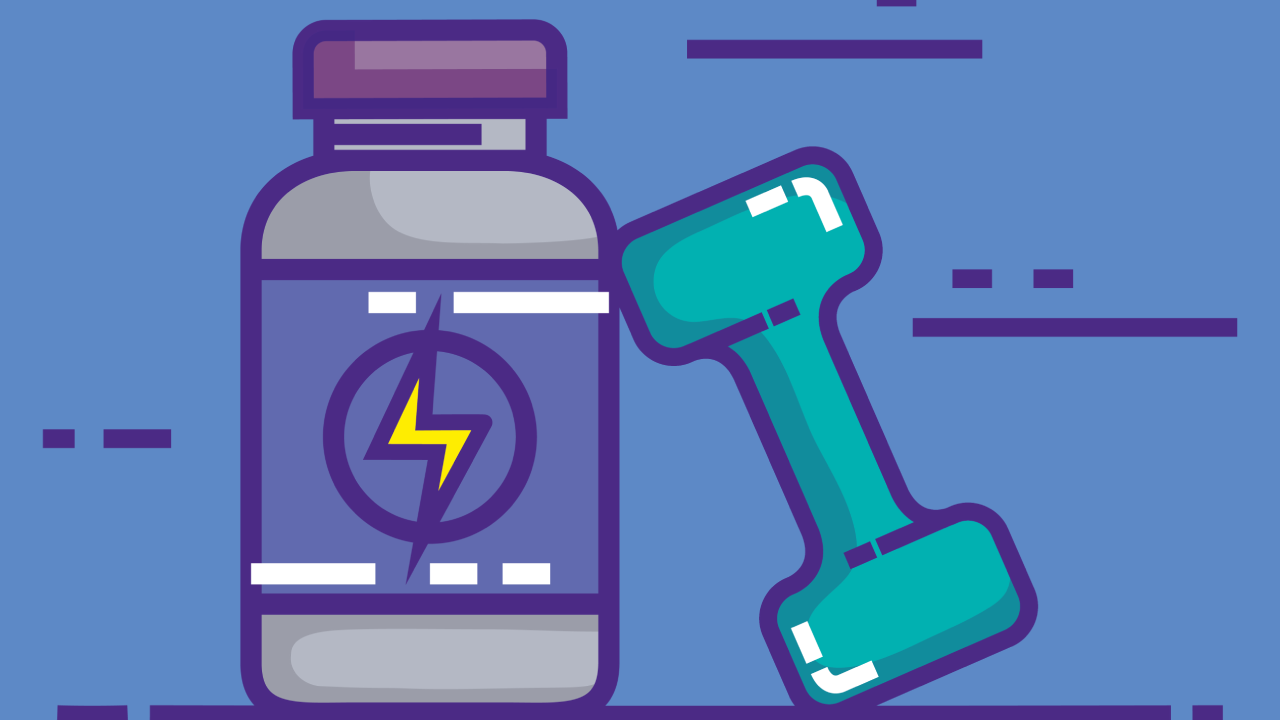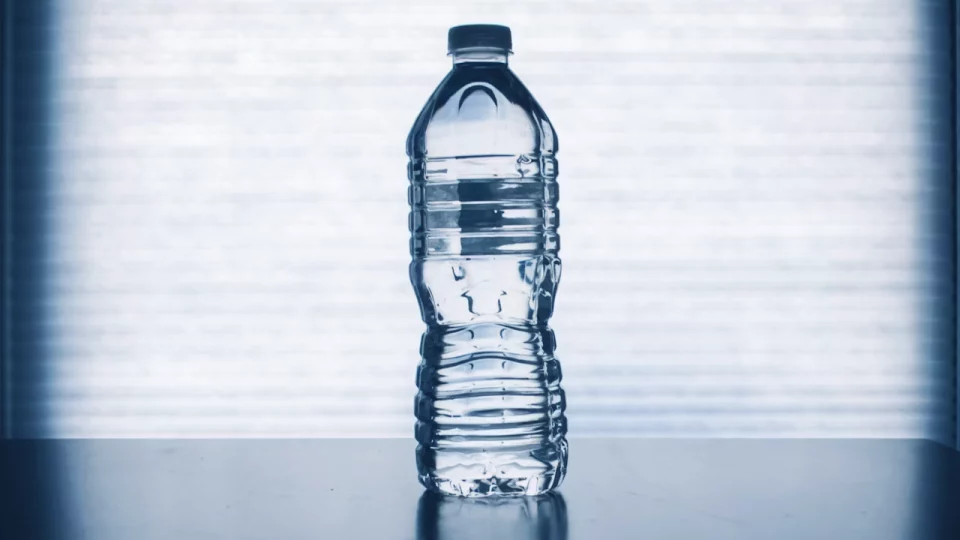Electrolytes are essential for maintaining proper bodily function, yet many people overlook their importance until they experience symptoms of an imbalance. Whether you are an athlete pushing through intense workouts or someone living in a hot climate, electrolytes play a critical role in hydration, muscle function, and overall health. Understanding how electrolytes work and when to use supplements can make a significant difference in your energy levels, mental clarity, and physical performance.
Electrolytes are minerals that carry an electrical charge when dissolved in water, enabling them to conduct electricity in the body. This electrical activity is essential for numerous physiological processes, including regulating fluid balance, nerve signaling, muscle contractions, and maintaining the body’s pH levels.
Key electrolytes include sodium, potassium, calcium, magnesium, chloride, and phosphate. Each of these plays a specific role in keeping the body functioning properly. Sodium, for instance, helps regulate the amount of water in your cells, while potassium is crucial for muscle contractions and maintaining a regular heartbeat. Calcium supports muscle function and bone health, and magnesium is essential for nerve function and energy production. Chloride, often paired with sodium, helps maintain fluid balance, while phosphate plays a role in energy production at the cellular level.
These electrolytes must be kept in balance. If levels are too high or too low, it can lead to serious health issues, such as muscle cramps, fatigue, or even heart problems.
Table of Contents
Why Are Electrolytes Important?

Electrolytes are vital for a variety of functions in the body. One of their most critical roles is regulating fluid balance. They help ensure that water is evenly distributed throughout the body’s cells, tissues, and organs. Without sufficient electrolytes, even drinking large amounts of water may not properly hydrate the body. Sodium and potassium work together to control the movement of water into and out of cells, ensuring that hydration is maintained at the cellular level.
In addition to hydration, electrolytes are essential for muscle function. When you move, whether it’s lifting weights at the gym or simply walking, your muscles contract and relax in response to electrical signals transmitted by nerves. These signals are generated by the movement of electrolytes across cell membranes. For instance, calcium helps muscles contract, while magnesium and potassium assist in muscle relaxation. An imbalance can lead to issues such as muscle cramps, spasms, or even more serious conditions like muscle weakness or paralysis.
Nerve function is another area where electrolytes are indispensable. Neurons communicate by transmitting electrical impulses, and these impulses depend on the presence of sodium, potassium, and other electrolytes. When these levels are out of balance, it can disrupt the body’s ability to send and receive nerve signals efficiently, leading to symptoms like confusion, fatigue, or more severe neurological issues.
Electrolytes also help regulate your body’s pH levels, which is critical for maintaining metabolic function. The body operates within a narrow pH range, and even slight deviations can disrupt enzyme function and cellular processes. Bicarbonate, one of the body’s natural buffers, helps neutralize acids and maintains pH balance. When your electrolyte levels are off, it can affect your body’s ability to keep this pH within a healthy range, leading to metabolic disturbances.
Lastly, electrolytes play an important role in heart function. The heart, being a muscle, relies heavily on a precise balance of sodium, potassium, and calcium to maintain a regular, strong heartbeat. These minerals ensure that electrical impulses travel smoothly through the heart, triggering contractions. An imbalance, particularly of potassium or calcium, can lead to irregular heartbeats or even more severe cardiovascular problems.
Signs of Electrolyte Imbalance
Electrolyte imbalances can result from various factors, including dehydration, excessive sweating, illness, or certain medications. One of the most common signs of an imbalance is muscle cramps. These involuntary contractions often occur after intense exercise or periods of dehydration, indicating that the muscles are not receiving the proper electrolyte signals they need to function.
Fatigue is another common symptom. When your electrolyte levels are low, your body may struggle to produce and use energy efficiently. This can leave you feeling tired even after getting adequate sleep. In some cases, an electrolyte imbalance can cause dizziness or lightheadedness, particularly when standing up quickly. This occurs because the body’s ability to regulate blood pressure and fluid distribution is compromised.
Cognitive disturbances, such as confusion, difficulty concentrating, or even headaches, may also result from an electrolyte deficiency. The brain relies on efficient nerve signaling, which is dependent on the proper balance of electrolytes. If the levels are too low or too high, it can affect mental clarity and cause cognitive issues.
More severe symptoms can include heart palpitations, where the heart feels like it’s racing or skipping beats. This can happen when there is an imbalance of potassium or calcium, which interferes with the electrical impulses that regulate heart rhythm. In extreme cases, electrolyte imbalances can lead to seizures, paralysis, or even coma, making it crucial to address symptoms early on.
Using Electrolyte Supplements Effectively
Electrolyte supplements can be a valuable tool in maintaining your body’s electrolyte balance, particularly if you engage in activities that deplete your reserves, such as vigorous exercise or spending time in hot environments. However, using these supplements effectively requires understanding when and how to use them for maximum benefit.

When to Use Electrolyte Supplements
For most people, regular meals and hydration are enough to maintain proper electrolyte levels. However, there are situations where supplements can be particularly helpful. During extended physical activity, such as running a marathon, hiking for hours, or doing intense workouts, the body loses a significant amount of electrolytes through sweat. Drinking water alone may not be sufficient to replace these losses, as water does not contain electrolytes in significant amounts.
Similarly, hot or humid climates can increase sweat production, leading to a more rapid loss of sodium, potassium, and other electrolytes. In these environments, supplementing with electrolytes can help prevent dehydration and heat-related illnesses, such as heat exhaustion or heat stroke.
Electrolyte supplements are also useful when you’re sick, especially if you’re experiencing vomiting or diarrhea. These conditions can lead to rapid fluid and electrolyte loss, putting you at risk of dehydration. In such cases, an electrolyte supplement can help you recover faster by restoring balance.
Individuals following low-carbohydrate or ketogenic diets might also benefit from electrolyte supplementation. These diets tend to lower insulin levels, which in turn causes the kidneys to excrete more sodium and potassium. Without proper attention to electrolyte intake, this can lead to symptoms like fatigue, muscle cramps, and dizziness, often referred to as the “keto flu.”
Types of Electrolyte Supplements
Electrolyte supplements come in various forms, including drinks, powders, tablets, and gels. Each form has its own advantages, depending on your needs and preferences. Electrolyte drinks are perhaps the most convenient, as they provide a ready-made solution that combines fluids with essential minerals. These are often used by athletes or those needing rapid rehydration.
Powders offer flexibility, allowing you to mix the supplement with water and adjust the concentration based on your personal needs. They are also lightweight and portable, making them a good option for travel or outdoor activities.
Tablets and capsules are convenient for those who prefer not to drink their electrolytes. These supplements can be taken with water and provide a precise dose of minerals, making them ideal for people who want a more measured approach.
Dosage and Timing
The amount of electrolytes you need depends on several factors, including your level of physical activity, the climate you’re in, and your overall health. For most people, the goal is to replace electrolytes lost through sweat or illness. During intense physical activity or in hot weather, you might need to replenish electrolytes more frequently. A good rule of thumb is to take supplements during or immediately after exercise, especially if the activity lasts more than an hour or takes place in a hot environment.
For those who are not engaged in intense exercise, electrolyte supplements should be used more sparingly. Over-supplementation can lead to an excess of certain minerals, such as sodium, which can increase blood pressure or contribute to fluid retention. It’s important to strike a balance based on your individual needs.
Selecting the Right Supplement
When choosing an electrolyte supplement, it’s important to consider the balance of electrolytes it provides. A good supplement will offer a mix of sodium, potassium, calcium, and magnesium in appropriate ratios. Some products also contain additional ingredients, such as carbohydrates or amino acids, designed to provide energy or enhance absorption.
The quality of the ingredients is another consideration. Some supplements contain artificial flavors, sweeteners, or unnecessary additives. For those seeking a cleaner product, look for supplements with minimal ingredients and no artificial additives.
Taste can also be a factor. Electrolyte supplements come in a variety of flavors, and finding one that you enjoy can make it easier to stick to a regular hydration routine. However, be mindful of sugar content, as some electrolyte drinks can be high in sugar, which may not be ideal if you’re watching your caloric intake.
